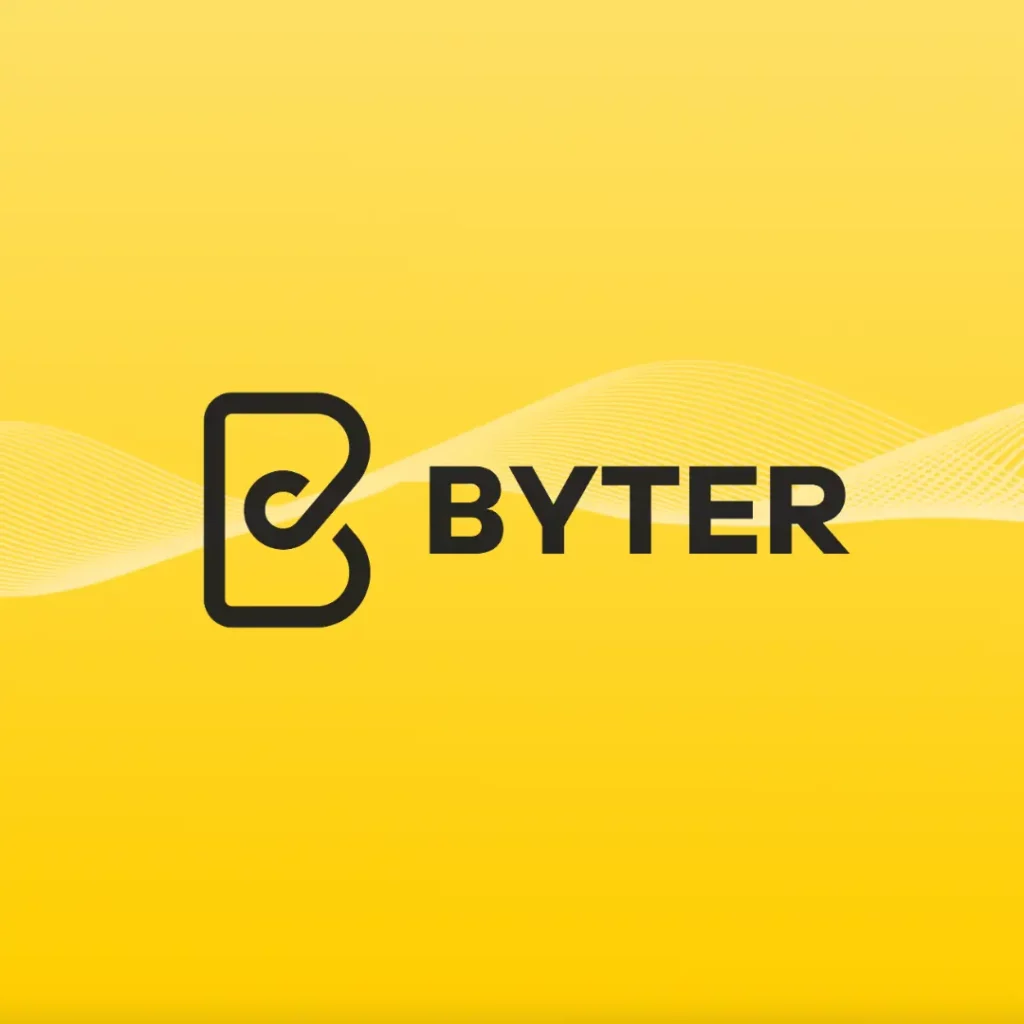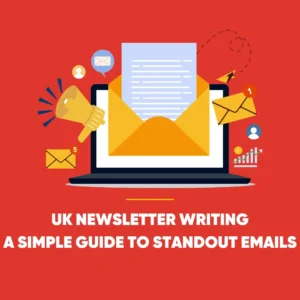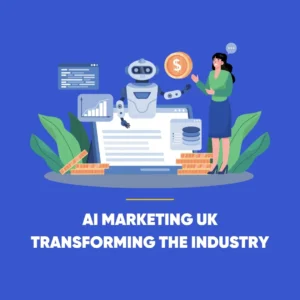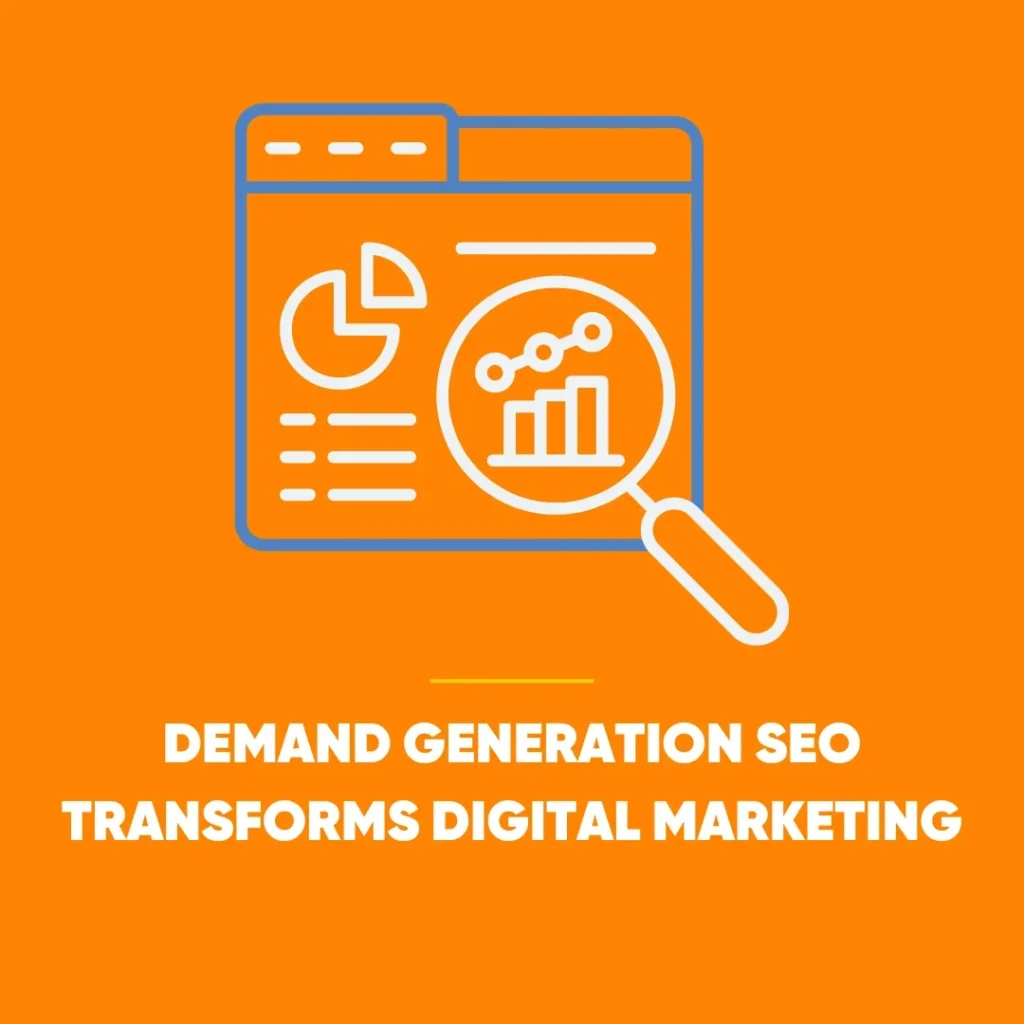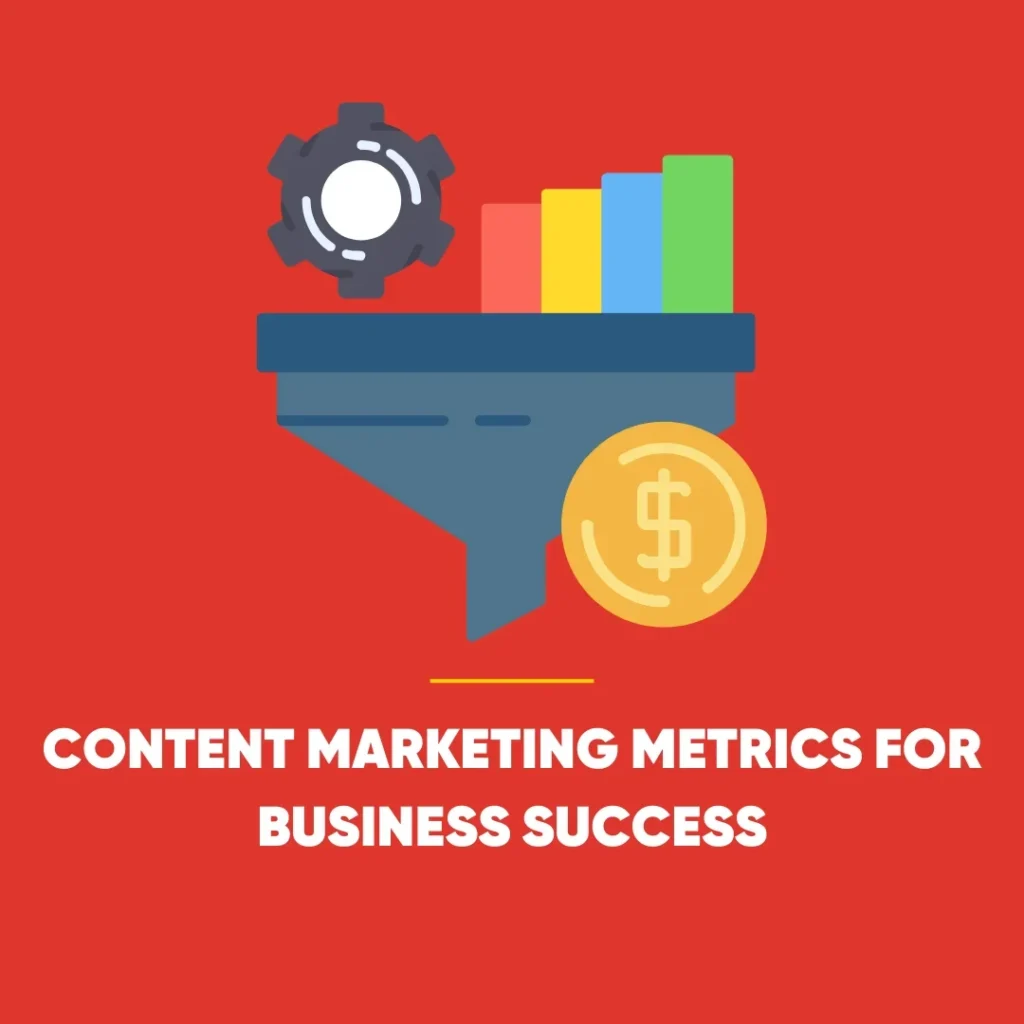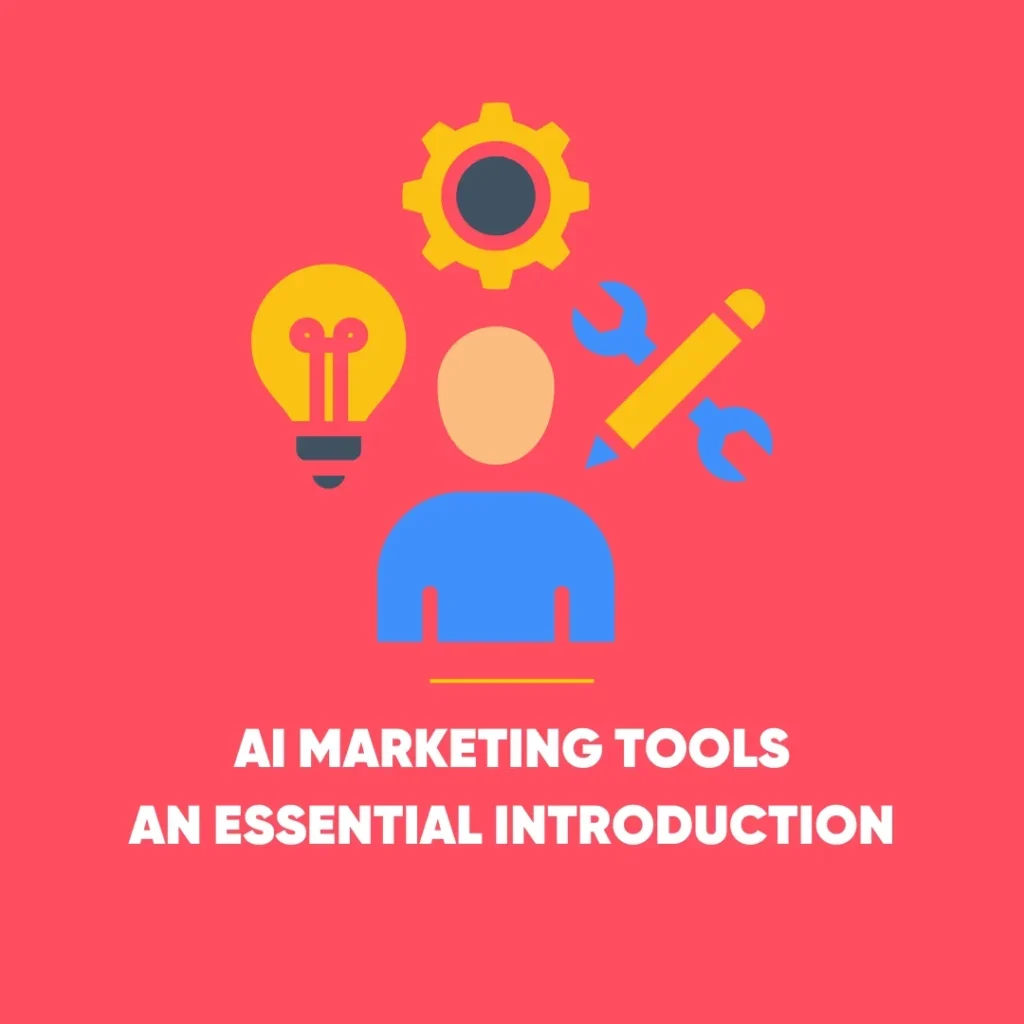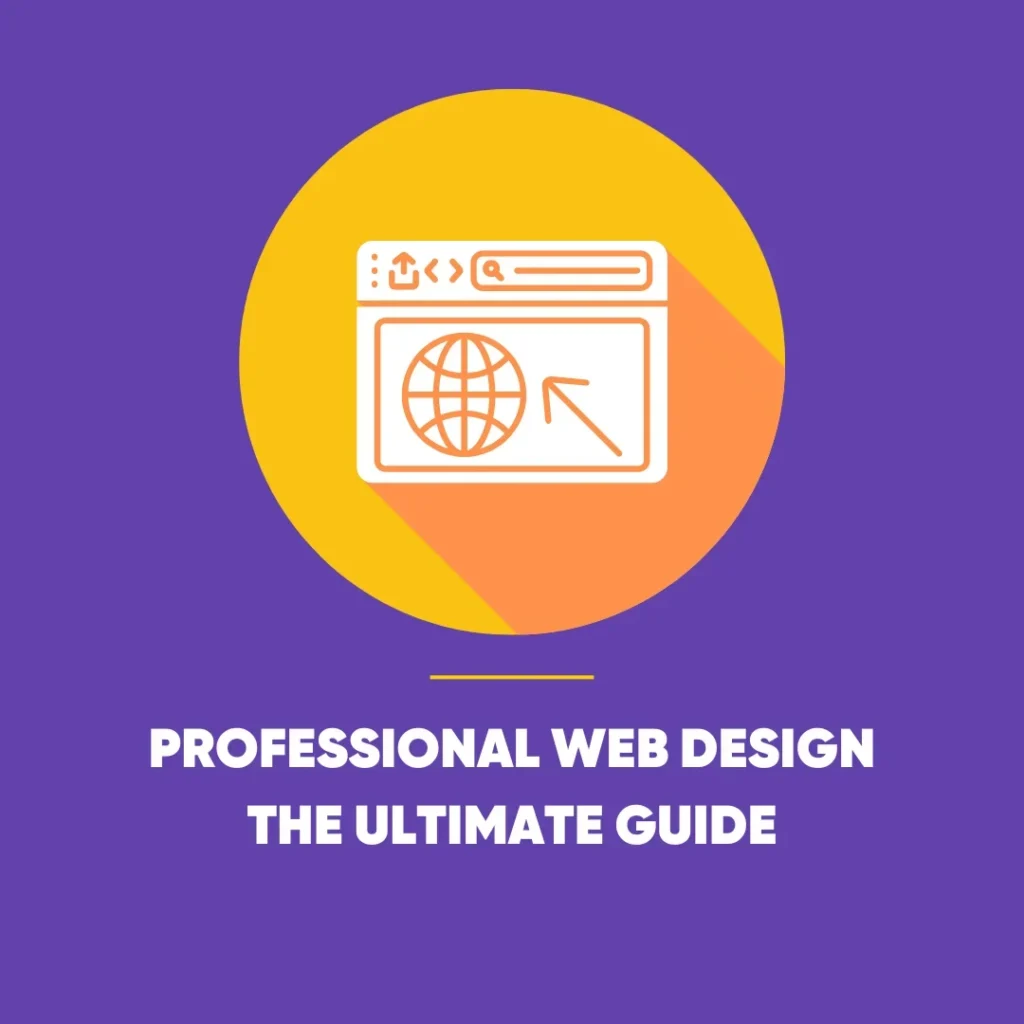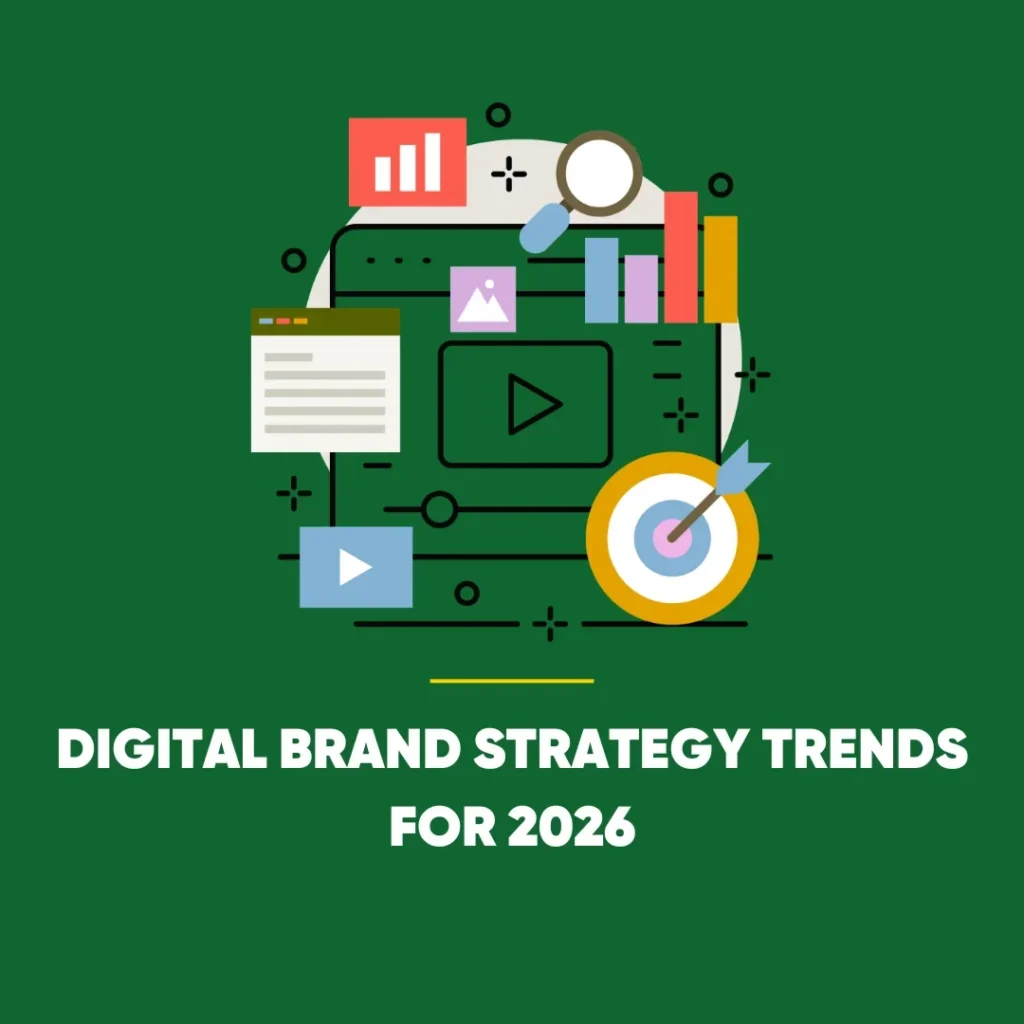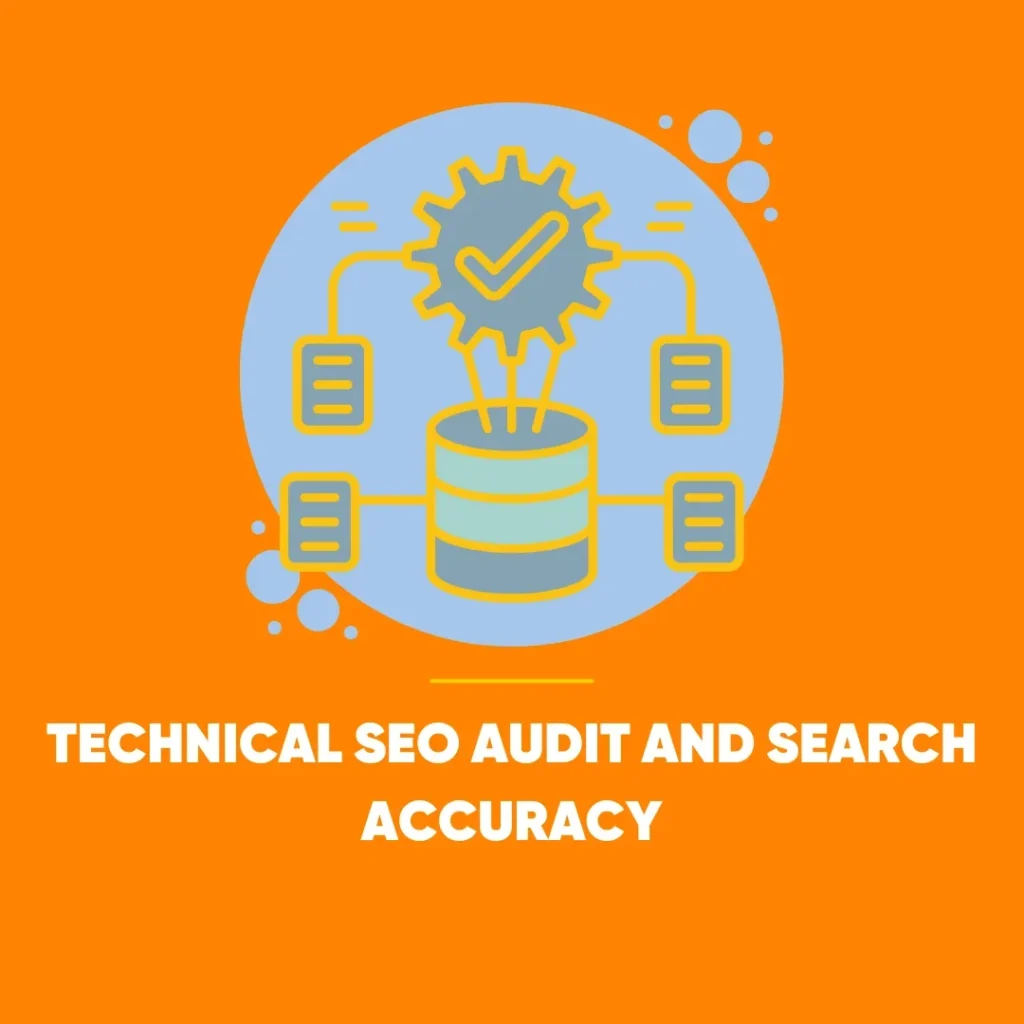UK AI Agent SEO Revolution Begins
OpenAI has unveiled a major advancement in AI that’s set to influence UK AI agent SEO and online user interaction. The release of the ChatGPT agent marks a pivotal development, particularly for digital businesses and SEO professionals. This innovation goes beyond chatbot responses- it’s a multi-functional digital assistant capable of carrying out tasks traditionally requiring human intervention.
As the digital world adapts to this shift, companies must begin rethinking not only how they present their content online, but how it functions in an era of AI-assisted browsing and automation.
What Exactly Is the ChatGPT Agent?
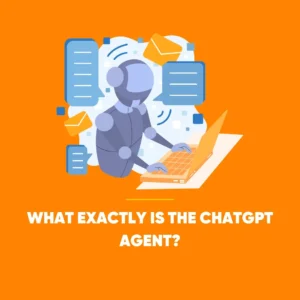 The ChatGPT agent is not just another chatbot. It’s a powerful blend of three components:
The ChatGPT agent is not just another chatbot. It’s a powerful blend of three components:
- Operator – An autonomous agent that can navigate and interact with web pages.
- Deep Research – A system designed to perform multi-layered, data-rich research from across the web.
- ChatGPT’s natural language interface – Enabling human-like communication and interpretation of tasks.
Together, these features let the ChatGPT agent perform complex actions like navigating websites and analysing data. Additionally, it interacts with third-party apps while keeping the experience clear and conversational.
OpenAI is rolling out the agent gradually – starting with Pro users, then extending access to Plus and Team members, and soon to Enterprise and Education accounts.
Capabilities That Go Beyond the Chatbot: UK AI agent SEO
Unlike traditional AI chat tools, this agent does more than generate text. It’s equipped with a toolkit that enables it to behave almost like a digital personal assistant:
- Visual Browser: Allows interaction with web pages in a way that mimics human behaviour – clicking buttons, filling in forms, navigating menus.
- Text-Based Browser: Better suited for more logic-driven tasks or scenarios requiring textual reasoning.
- Command Line Terminal: Empowers the agent to run code or scripts in real-time.
- Connectors: These are secure integrations that allow the agent to interact with external apps like Gmail, calendars, or internal databases via APIs.
These features enable the agent to open documents, download files, analyse content, and even create outputs such as slideshows or spreadsheets. For example, it can access a user’s calendar, cross-reference meeting participants with recent news, and produce a relevant briefing – all without the user lifting a finger.
From Task Assistant to Autonomous Operator
What sets the ChatGPT agent apart is its ability to execute entire workflows from start to finish. Rather than asking users to provide data or click through instructions, it acts on their behalf. For example:
- Organising a weekly team meeting: The agent checks schedules, suggests available slots, sends invitations, and even books a room.
- Creating a competitive analysis: It researches rival companies, analyses their performance, and generates a fully formatted presentation.
- Grocery planning: Users can request a full meal plan and the agent will browse recipes, calculate ingredients, and make purchases online.
And crucially, it does all this while keeping users in control. It seeks permission before any major action and can be stopped at any time.
The Role of Connectors: UK AI agent SEO
Connectors serve as the bridge between the agent and third-party platforms. These integrations allow the agent to securely retrieve data from applications the user already uses.
For instance, the agent accesses the user’s email via the connector and scans for relevant content. Then, it checks calendar availability and suggests a suitable time slot.
This allows for seamless automation of day-to-day workflows and can even support recurring tasks – such as generating weekly analytics reports – without requiring constant reactivation.
Implications for Businesses and SEO
The rise of Agentic AI means businesses must evolve beyond content creation and consider interaction design. In essence, websites should not only cater to human visitors but also to autonomous AI agents that now browse, interact, and extract data.
Search engine optimisation will no longer limit itself to keyword usage and backlinks. Instead, structured content becomes the key to visibility – not just on Google, but in the workflows of AI assistants like ChatGPT.
What Is Structured On-Page Content?
Structured content refers to well-organised, easily parseable data on a webpage. Examples include:
- Clearly marked headings and subheadings
- Tables with labelled columns
- Product listings with standardised details (price, availability, title)
- Forms with labelled input fields
- Author and publication details
- Navigation elements like filters or menus in eCommerce settings
These elements make it easier for AI agents to interpret the purpose and value of each section, retrieve the necessary data, and complete tasks more accurately.
Why Does It Matter?
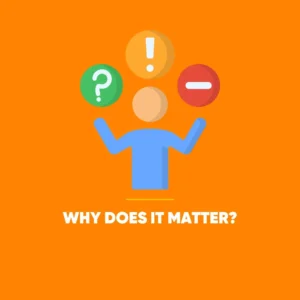 A recent study highlighted that agents like Operator excel when web content is cleanly structured. Without it, AI struggles to distinguish relevant data from background noise, leading to errors or missed opportunities.
A recent study highlighted that agents like Operator excel when web content is cleanly structured. Without it, AI struggles to distinguish relevant data from background noise, leading to errors or missed opportunities.
For example, if a website doesn’t properly label its booking form, the agent might struggle to fill it out for the user – even if the intention seems obvious to a human. Likewise, product pages that hide key information in unstructured text often lose out to competitors with clearer, more accessible layouts.
Preparing for an Agentic Future: UK AI agent SEO
As more professionals turn to AI to manage workloads, businesses must adapt or risk falling behind. Here’s how to get started:
- Audit your website’s structure: Ensure headings, forms, tables, and product data are clearly marked.
- Add schema markup: This allows search engines and AI tools to better understand the content on your site.
- Simplify user journeys: Design web interactions that both humans and AI agents can follow.
- Stay API-friendly: If your service can benefit from AI integration, ensure your systems are accessible via secure APIs that tools like ChatGPT can tap into.
Final Thoughts
OpenAI’s ChatGPT agent represents a major step forward in the evolution of digital automation. By combining intelligent browsing, natural language processing, and deep research capabilities, it blurs the line between traditional search, conversation, and task execution.
For businesses, this is both a challenge and an opportunity. Those who embrace structured, AI-accessible content stand to gain the most – whether through improved visibility, smoother customer experiences, or greater operational efficiency.
As users grow more comfortable handing tasks to AI agents, optimised websites will lead the way in this new wave of interaction.

